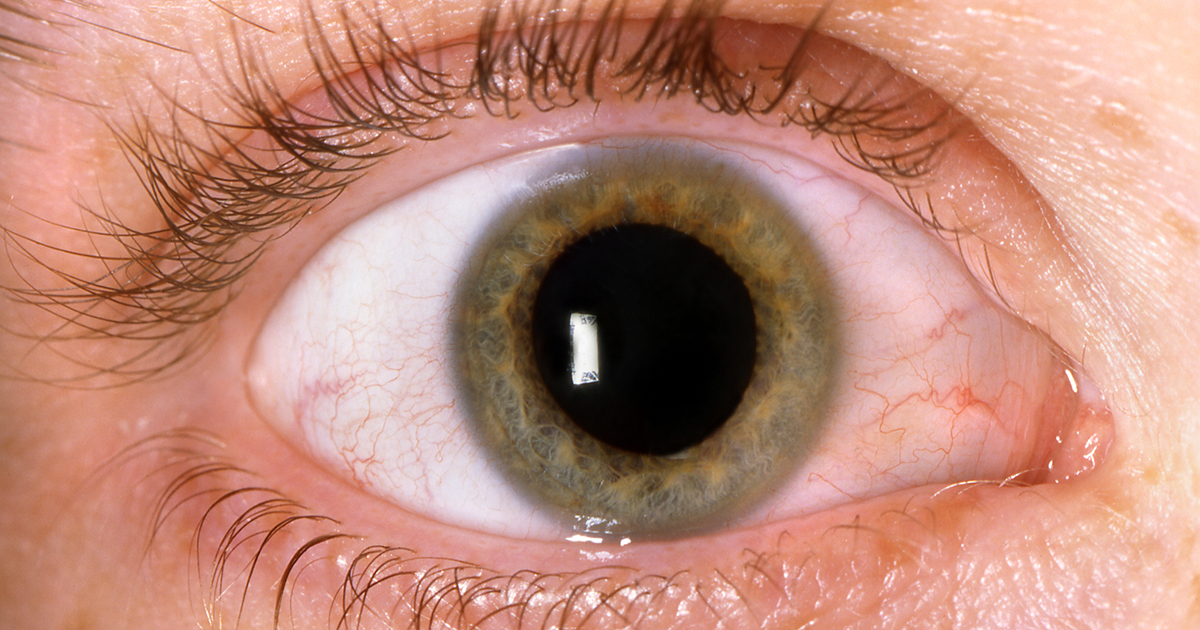Complications That Arise If Diabetes Is Left Untreated
Diabetes mellitus is the scientific name for a group of diseases that affect the body's ability to use blood sugar. Glucose is a vital element of an individual's health because it provides important energy sources for the muscle and tissue cells throughout the body. It's also the primary type of fuel your brain uses. Diabetes can have many underlying causes depending on the type. All forms of diabetes can cause a person to have excess sugar in their blood. A too-high glucose level in the blood might cause serious health complications, especially if the diabetes is left untreated. The two chronic diabetes conditions are type 1 and type 2 diabetes. There are also diabetes conditions with the potential for reversal, including prediabetes and gestational diabetes. Prediabetes occurs with increased blood sugar levels that aren't quite high enough for a diabetes diagnosis, while gestational diabetes occurs during pregnancy.
These are five of the most severe complications an individual may experience if diabetes is left untreated.
Metabolic Emergencies

Metabolic emergencies are common in patients who have either major type of diabetes. Their body isn't capable of processing the sugar in their body through insulin, so their glucose levels become extremely heightened, which can lead to emergencies requiring immediate medical intervention. The metabolic abnormality most commonly faced by individuals with diabetes is hypoglycemia, which occurs in patients undergoing a course of hypoglycaemic therapy involving insulin.
A more serious metabolic emergency is diabetic ketoacidosis, which must be diagnosed as soon as possible. If a patient comes in with respiratory difficulty, coma, shock, dehydration, major illness, or some combination of those symptoms, it's essential to test them for capillary blood glucose along with urinary ketones.
Hyperosmolar non-ketotic state is a type of complication seen in elderly type 2 diabetes patients who have problems with infections, most commonly respiratory tract infections. This condition presents with severe hyperglycemia, severe dehydration, and an absence of vomiting and acidosis.
In sporadic cases, diabetes patients might experience lactic acidosis, along with comorbid conditions like heart failure, septic shock, and tissue hypoxia.
Continue to understand another complication of untreated diabetes.
Heart And Kidney Damage

Diabetes greatly increases the risk of developing both heart and kidney damage. Diabetic patients have a much higher risk of being diagnosed with a variety of cardiovascular problems, including chest pain, coronary artery disease, stroke, narrowing of the arteries, and heart attacks. Heart disease and strokes are more common in diabetes patients than in otherwise healthy individuals
The kidneys are meant to filter the waste out of the blood through their millions of blood vessel clusters, but diabetes causes damage to the filtering system. In severe cases, the damage might cause a patient to go into kidney failure or experience an irreversible case of end-stage kidney disease. This might require consistent dialysis or possibly a kidney transplant.
Continue to uncover the next complication of untreated diabetes.
Nerve Damage

The kidneys aren't the only home to blood vessels you should be concerned about: excess sugar might cause injury to the walls of your capillaries. These small blood vessels are responsible for the nourishment of nerves, particularly leg nerves. Damage might cause pain, burning, numbness, and tingling. It most commonly starts in the tips of the extremities and spreads slowly upward.
If diabetes is left untreated, patients will lose all sensation in the affected limbs. Nerve damage will cause other issues besides the loss of feeling and pain. You might experience constipation, diarrhea, nausea, or vomiting. In men, it's common for this nerve damage to cause erectile dysfunction.
Keep going to get more details on potential complications of untreated diabetes.
Eye Disease

Retinopathy, a form of eye disease, is another complication that occurs due to the attacked blood vessels. Diabetes will damage the blood vessels found in your retina, causing a condition known as diabetic retinopathy, which has the potential to cause blindness in one or both eyes. The disease also increases your risk of developing other serious conditions with your vision, including glaucoma and cataracts.
Another form of eye disease affecting diabetes patients is diabetic macular edema (DME), which only occurs as a consequence of the patient developing diabetic retinopathy. An area of the retina referred to as the macula experiences swelling because of a fluid build-up. Individuals need their macula to look straight ahead and focus, which is essential for facial recognition, driving, and reading. Most diabetic patients who go blind do so because of DME.
Get to know the next major complication of untreated diabetes now.
High Blood Pressure

High blood pressure is quite common in patients with diabetes and appears in approximately eighty percent of type 2 patients and twenty-five of type 1 patients. This is linked to the increased risk of cardiovascular disease. On its own, a high blood pressure reading indicates a greater risk of cardiovascular complications and stroke. Combined with diabetes, the risks feed off each other and present a risk level that makes cardiovascular issues nearly inevitable.
Individuals with diabetes must take care to control their blood pressure very well, and as such, they typically have their blood pressure monitored by their doctor. The ideal blood pressure is lower than 130 over 80. Some patients with high blood pressure are given ACE inhibitors. These blood pressure medicines not only lower blood pressure but also offer a level of protection to the kidneys. That said, a doctor may choose to use different blood pressure medications instead.
